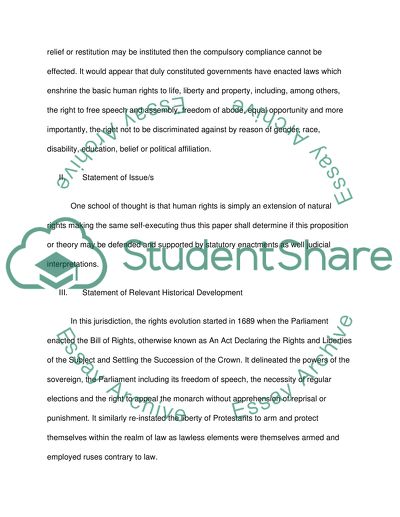Cite this document
(“Are human rights simply extensions of natural rights Essay”, n.d.)
Retrieved from https://studentshare.org/environmental-studies/1411130-are-human-rights-simply-extensions-of-natural
Retrieved from https://studentshare.org/environmental-studies/1411130-are-human-rights-simply-extensions-of-natural
(Are Human Rights Simply Extensions of Natural Rights Essay)
https://studentshare.org/environmental-studies/1411130-are-human-rights-simply-extensions-of-natural.
https://studentshare.org/environmental-studies/1411130-are-human-rights-simply-extensions-of-natural.
“Are Human Rights Simply Extensions of Natural Rights Essay”, n.d. https://studentshare.org/environmental-studies/1411130-are-human-rights-simply-extensions-of-natural.


